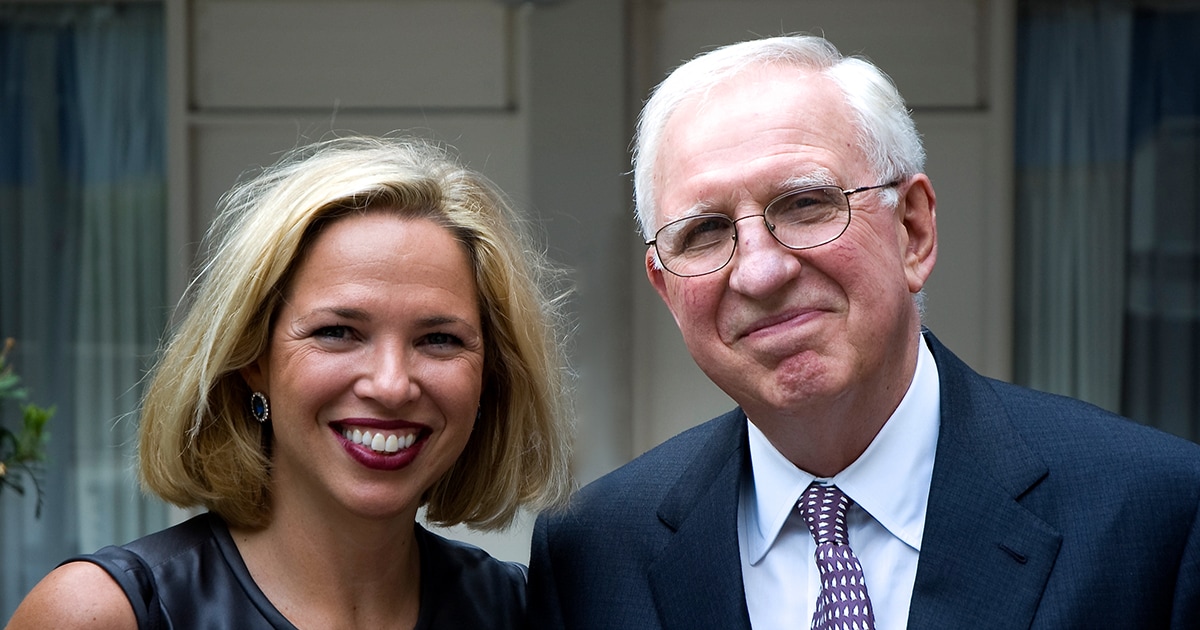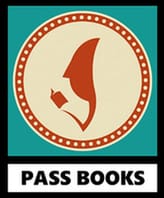Fathers in Literature
Book columnist Carole McKellar takes a look at some of the best and the worst fathers in modern literature - and in real life, with Every Father's Daughter, edited by Pass Christian author Margaret McMullan
The Return: Fathers, Sons, and the Land in Between by Hisham Matar was picked by The New York Times as one of the five best nonfiction books of 2016. It tells the true story of Matar’s father, who was kidnapped by Quaddafi’s forces and thrown into a secret prison in Libya. His family never saw him again, and the book tells of a son’s search for the truth of his father’s death and the tragic lives of Libyan refugees in a well-written story of familial love.
In The Twelve Lives of Samuel Hawley by Hannah Tinti (from Parnassus Book First Editions Club) the father is a career criminal who tries to provide his daughter with a normal life. The story moves back and forth over time and weaves the story of the twelve times Samuel was shot during his life with his intense love for his dead wife and child. This book reads like a thriller, and I loved it.
Other admirable fathers in fiction:
Some less than admirable fictional fathers are:
Real-life fathers, both good and bad, are eloquently portrayed in Every Father’s Daughter: Twenty-four Women Writers Remember Their Fathers selected and presented by Pass Christian author, Margaret McMullan. I enjoyed essays by some of my favorite writers, including Alice Munro, Lee Smith, and Jane Smiley, but I equally enjoyed stories by writers unknown to me. Melora Wolff’s essay brought strong memories of my father when it began:
Maybe we remembered hugging the fathers when we were little girls and they were like trees, and we balanced on the tops of their shoes; maybe we remembered lifting out arms above our heads and waiting for our fathers to lift us up as if we were little ballerinas, into the air where we spun and squealed. The forward by Margaret McMullan is worth the price of the book. She wrote about her relationship with her father and their love of books: “When we talked about a book, we were always talking about important things.” If you are fortunate to have a living father, please enjoy one of those hugs described above. If, like me, you no longer have a father in your life, buy Every Father’s Daughter and read all day on June 18. Or, you could watch To Kill a Mockingbird and enjoy Gregory Peck’s portrayal of Atticus Finch, who exemplifies the best of fatherhood. For fathers who read this article, Happy Father’s Day. Comments are closed.
|
Categories
All
Archives
July 2024
|
Shoofly Magazine Partners
Our Shoofly Partners are local businesses and organizations who share our mission to enrich community life in Bay St. Louis, Waveland, Diamondhead and Pass Christian. These are limited in number to maximize visibility. Email us now to become a Shoofly Partner!




























 RSS Feed
RSS Feed























